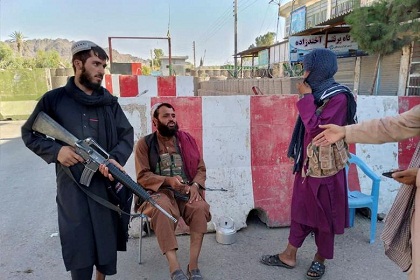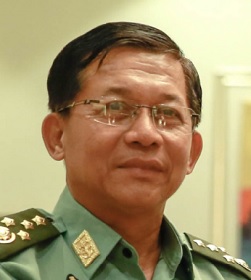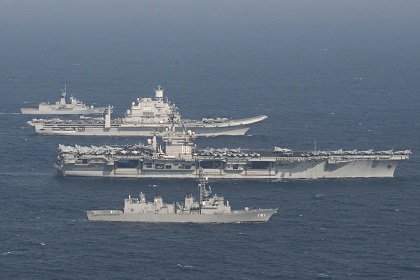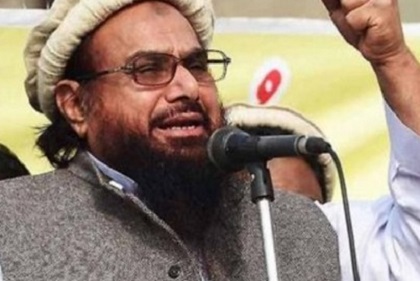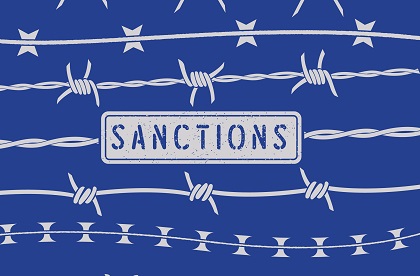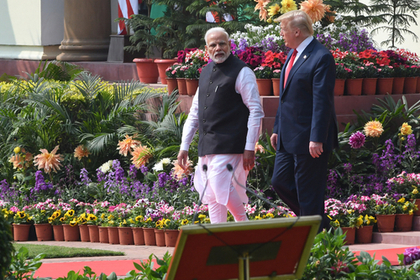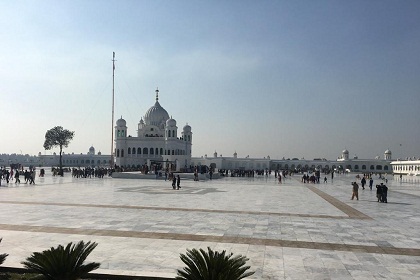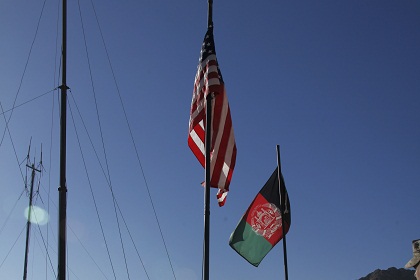Securing India’s interests in volatile Afghanistan
The American decision to withdraw troops from Afghanistan will strengthen the Afghan Taliban and possibly ensure its return to Kabul. This has implications for India’s security and economic interests in Afghanistan. India must step up its game by showing willingness to talk to the Taliban, while simultaneously expanding training assistance to the Afghan security forces.

